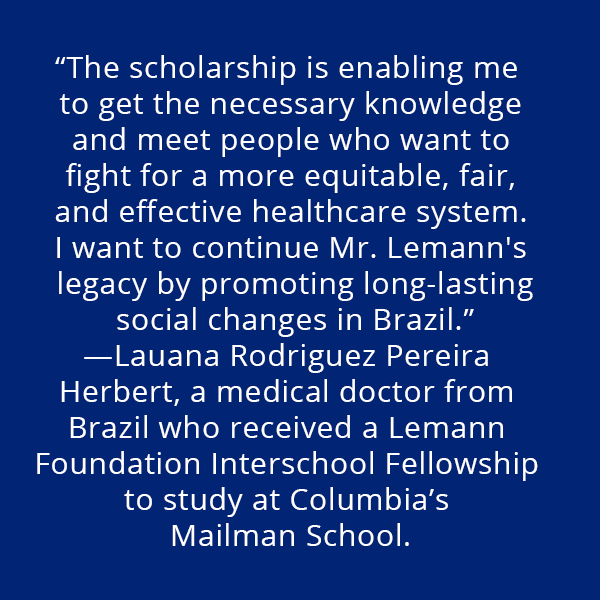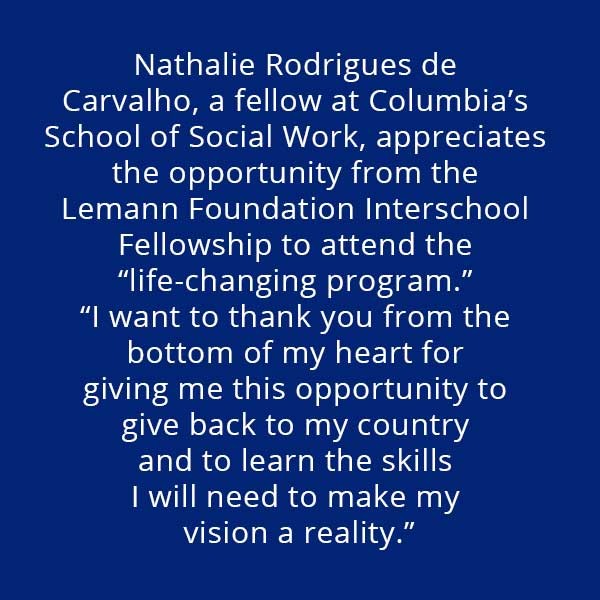Brazil Day brings together faculty and students to showcase their work on campus
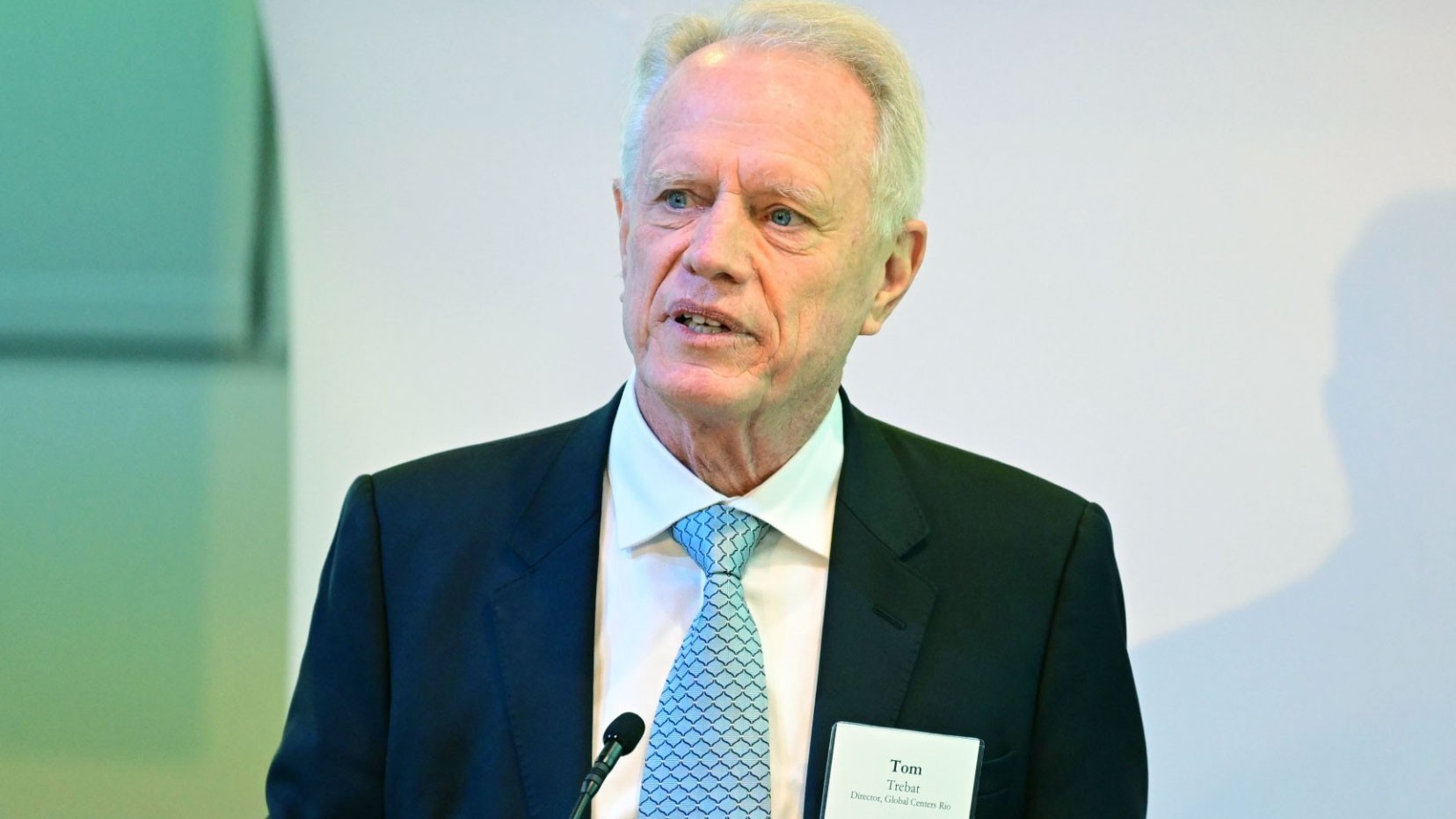
Columbia University celebrated Brazil Day on April 6, 2022, which brought together faculty and students to showcase the important work they are conducting on campus that will improve the lives of people in Brazil. It was also an opportunity to personally thank longtime donors Jorge Paulo Lemann, Susanna Lemann, and the Lemann Foundation (a partner with Columbia for more than 13 years), and Alexandre Behring, a School of Engineering and Applied Sciences donor, for allowing Columbia to create an array of initiatives that enable our students and faculty to build a better and stronger Brazil in fields such as education, journalism, public policy, public health, climate change, technology, and engineering. As in previous years, the Columbia Global Center in Rio de Janeiro played a key role in organizing both the Day itself and also the donor luncheon which followed the formal program. The Brazil Day program was hosted by Teachers College (TC), and took place in the Smith Learning Theater. TC President Tom Bailey, and Provost Stephanie Rowley, welcomed the assembled guests and gave opening remarks.
Image Carousel with 54 slides
A carousel is a rotating set of images. Use the previous and next buttons to change the displayed slide
-
Slide 1: brazil day
-
Slide 2: brazil day
-
Slide 3: brazil day
-
Slide 4: brazil day
-
Slide 5: brazil day
-
Slide 6: brazil day
-
Slide 7: brazil day
-
Slide 8: brazil day
-
Slide 9: joana monteiro brazil day
-
Slide 10: brazil day
-
Slide 11: brazil day
-
Slide 12: brazil day
-
Slide 13: brazil day
-
Slide 14: jorge paulo lemann at brazil day
-
Slide 15: jorge paulo lemann at brazil day
-
Slide 16: jorge paulo lemann at brazil day
-
Slide 17: jorge paulo lemann at brazil day
-
Slide 18: jorge paulo lemann at brazil day
-
Slide 19: jorge paulo lemann at brazil day
-
Slide 20: jorge paulo lemann at brazil day
-
Slide 21: jorge paulo lemann at brazil day
-
Slide 22: brazil day
-
Slide 23: thomas trebat lemann at brazil day
-
Slide 24: brazil day
-
Slide 25: brazil day
-
Slide 26: brazil day
-
Slide 27: brazil day
-
Slide 28: brazil day
-
Slide 29: brazil day
-
Slide 30: brazil day
-
Slide 31: jorge paulo lemann
-
Slide 32: brazil day
-
Slide 33: silvio almeida
-
Slide 34: silvio almeida
-
Slide 35: brazil day
-
Slide 36: brazil day
-
Slide 37: brazil day
-
Slide 38: brazil day
-
Slide 39: brazil day
-
Slide 40: thomas trebat
-
Slide 41: thomas trebat
-
Slide 42: brazil day
-
Slide 43: brazil day
-
Slide 44: brazil day
-
Slide 45: brazil day
-
Slide 46: brazil day
-
Slide 47: brazil day
-
Slide 48: brazil day
-
Slide 49: brazil day
-
Slide 50: brazil day
-
Slide 51: brazil day
-
Slide 52: brazil day
-
Slide 53: brazil day
-
Slide 54: brazil day
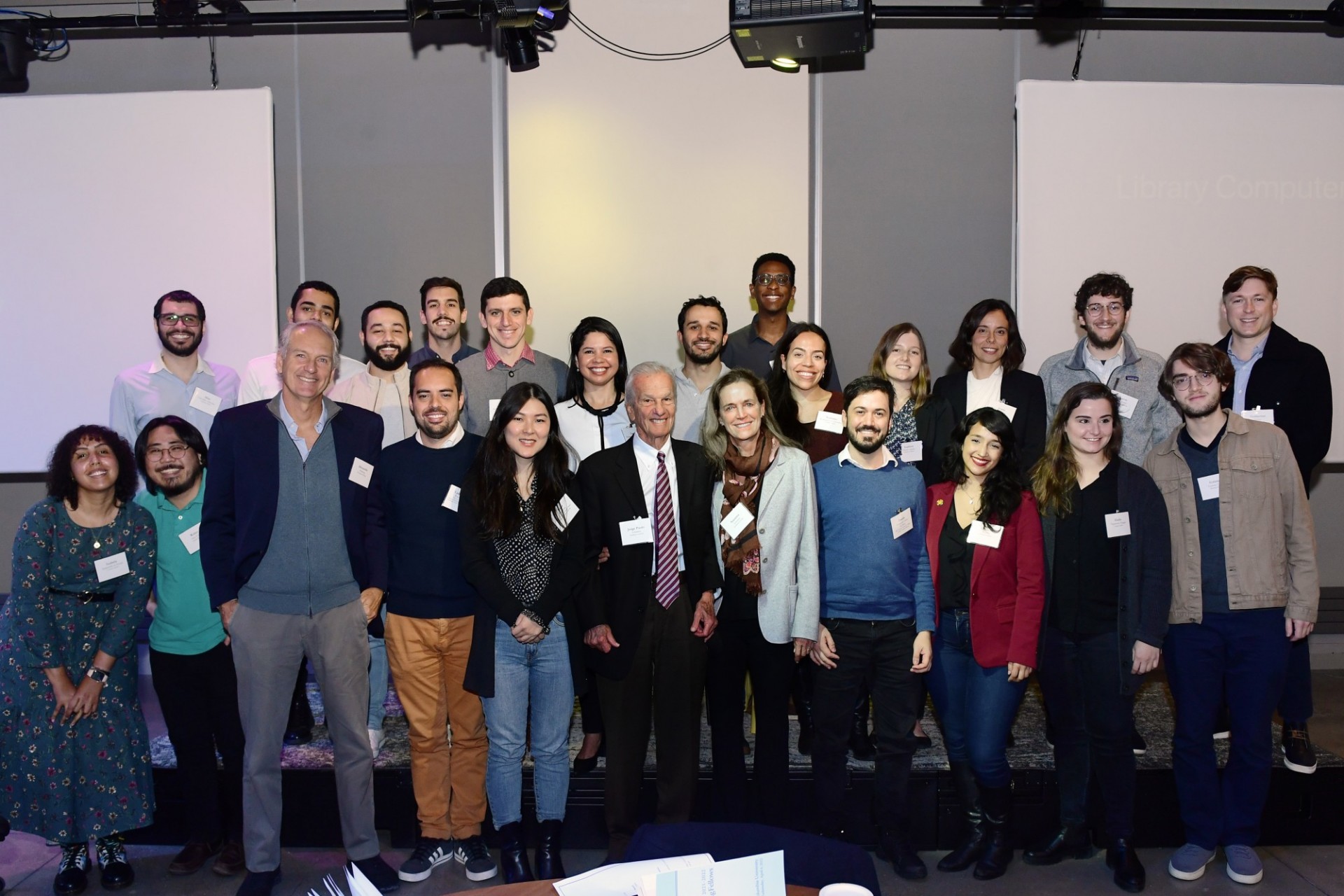
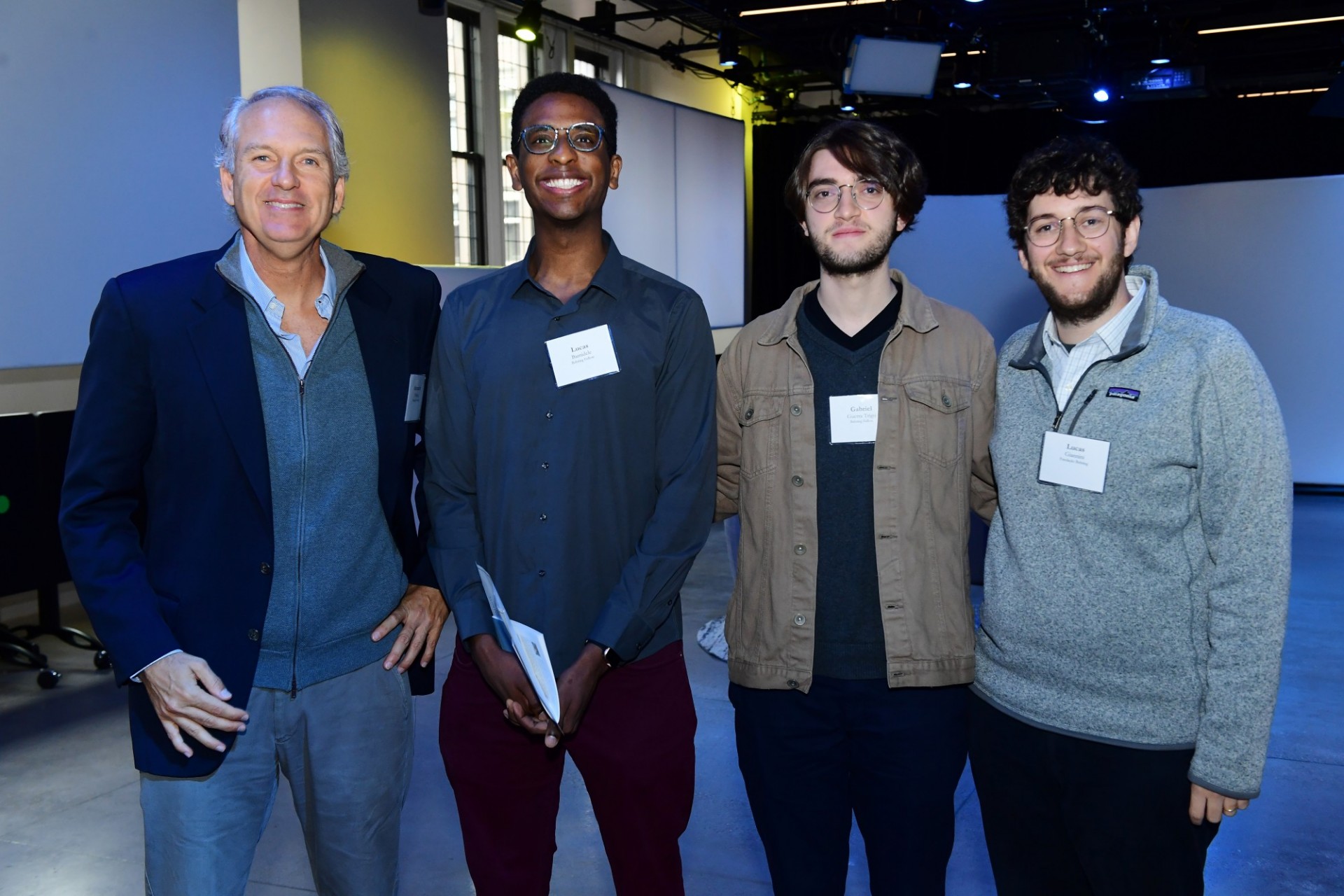
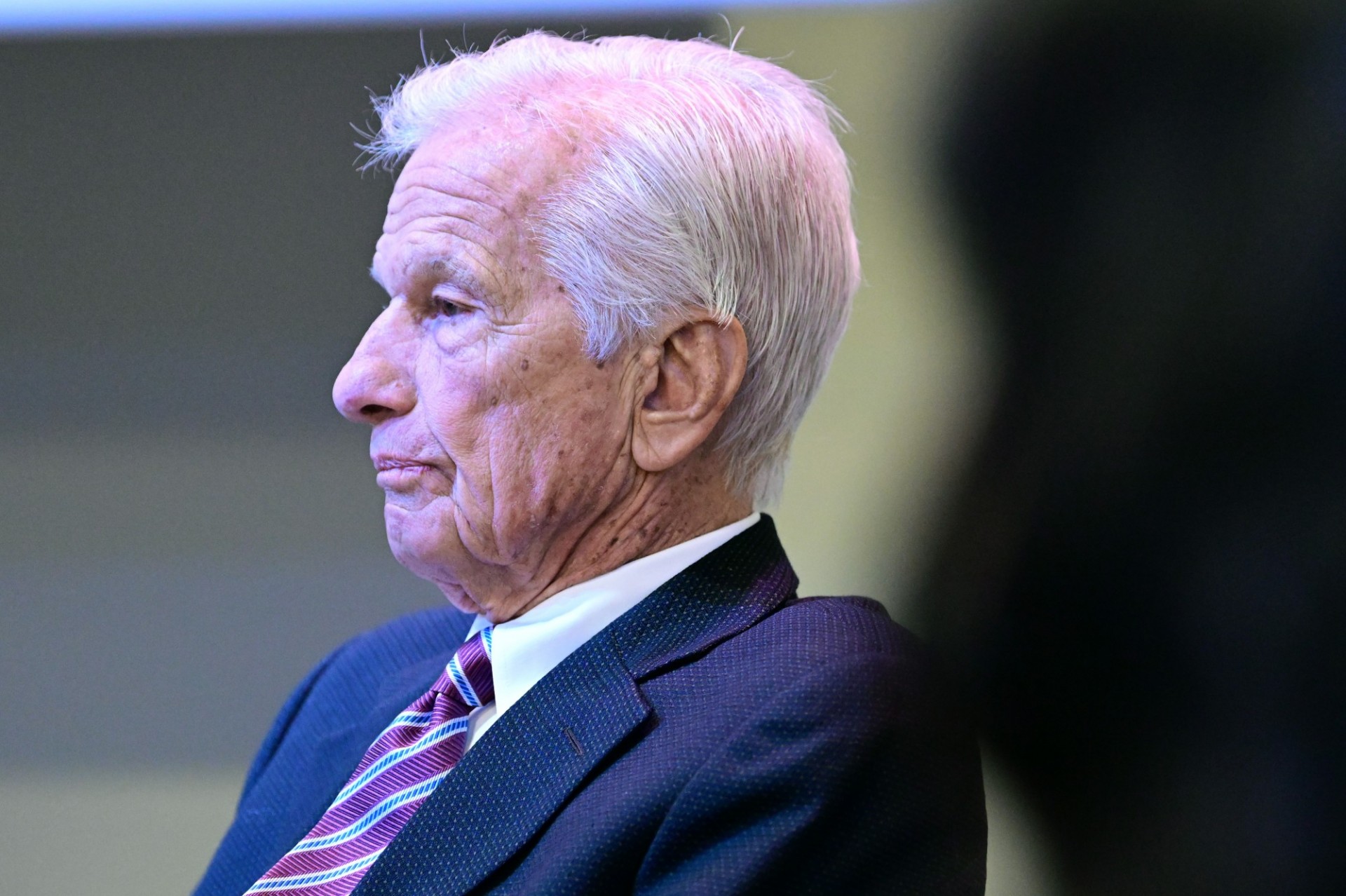
A day of learning
The day’s events included presentations from faculty and the Lemann Fellows, followed by a luncheon at the Columbia Faculty House which included many University officials and professors.
Marcelo Medeiros, a visiting professor at Columbia’s School of International and Public Affairs, presented on “Public Policy and Inequality in Brazil.” Silvio Luiz de Almeida, a visiting professor at Columbia, presented “Racism, Inequality, and Democracy in Brazil.”
Six Lemann Fellows, from Teachers College, SIPA, and Interschool (TC and SIPA), participated in a panel discussion on “Diversity, Equity, and Inclusion” with Columbia professor Paulo Blikstein.
Research and Applied Projects Highlights
Four fellows gave presentations on their research and applied projects, including Danilo Fernandes Lima da Silva, a Ph.D. student in educational policy at Teachers College, Walter Akio Goya, who is studying for a master’s in instructional technology and media at Teachers College, and Eduarda Zoghbi, a masters student studying energy and environment at SIPA. Da Silva spoke about his research on the “Advances and challenges of BNCC implementation in Brazil,” which refers to Brazil’s common core curriculum standards.
Goya explained one of three main projects he worked on in 2020—designing educational robotics kits. The GoGo Board combines four necessities for Maker education – two kits for initial robotics, one for science experiments and one for advanced robotics, which cost a total of $600 – into one GoGo Board that costs $60.
Goya's experiences living in Brazil during the COVID-19 pandemic, he said, heavily influenced his decision to apply to Teachers College. As an educator who worked for a nonprofit and in an academic laboratory, he saw how technology could help students. “Living in this chaos, I imagined how the knowledge and skills I would acquire studying at TC could help Brazilians to avoid many of the mistakes we were facing due to the lack of critical thinking and the lack of access to technology,” he said.
Zoghbi spoke about her work as a climate activist, participating in crucial meetings with world leaders, as well as her experience in the energy sector. “I was the only student selected to join the Columbia University COP26 delegation, where I spoke at events with world leaders. Without SIPA and the Energy and Environment concentration, I would not have been selected for either honor.I was mostly involved with three youth-led energy groups: Student Energy, BRICS Youth Energy Agency, and the SDG 7 Youth Constituency. Through these groups, I was invited to speak at events with the CEO of SEforALL, Damilola Ogunbiyi, and the former Canadian Minister of Climate Change, Catherina McKenna, and to join meetings with the International Energy Agency and the International Renewable Energy Agency. Lastly, the Columbia Climate School and the Obama Foundation invited me to participate in a roundtable discussion with President Obama, which was the pinnacle of my COP26 experience.”
